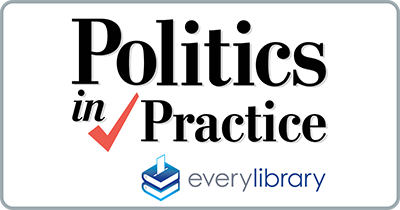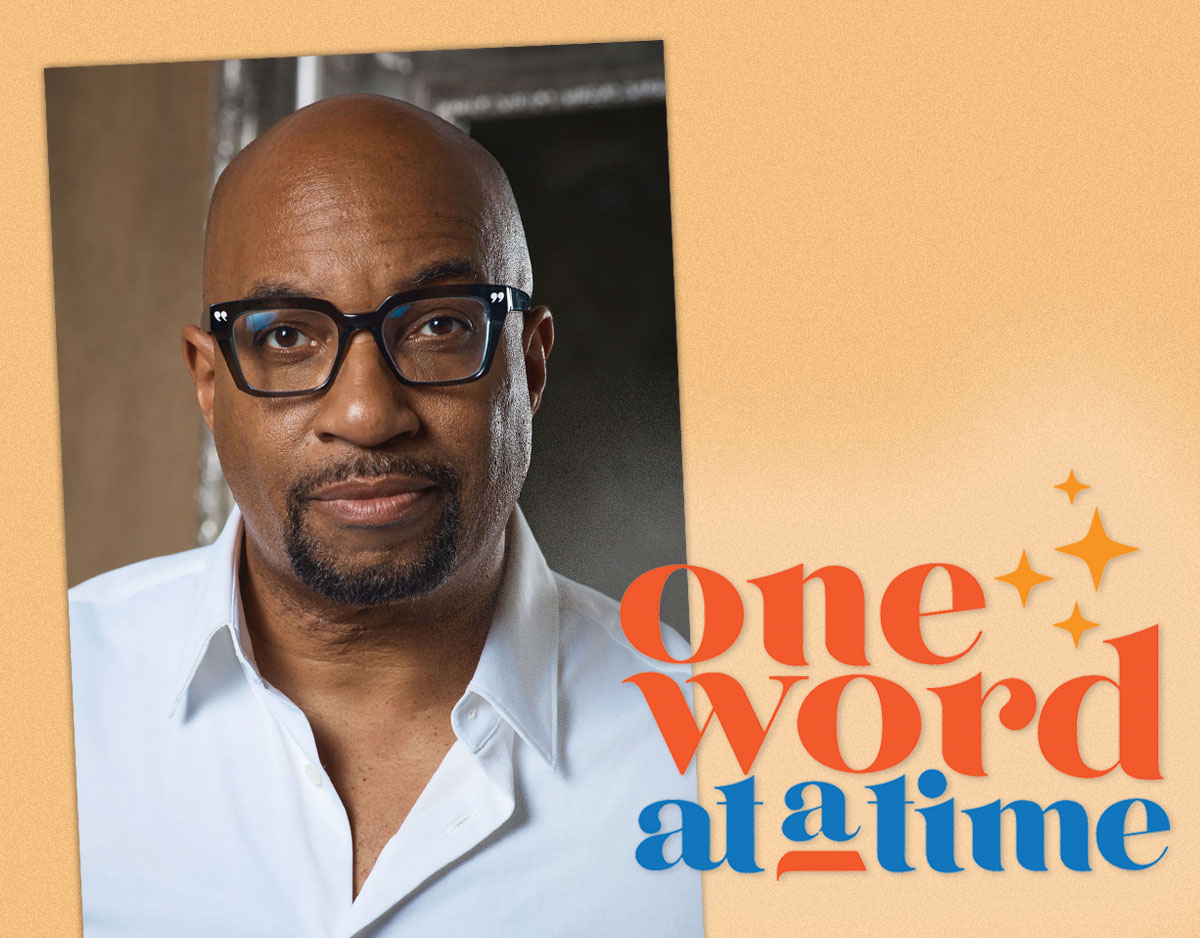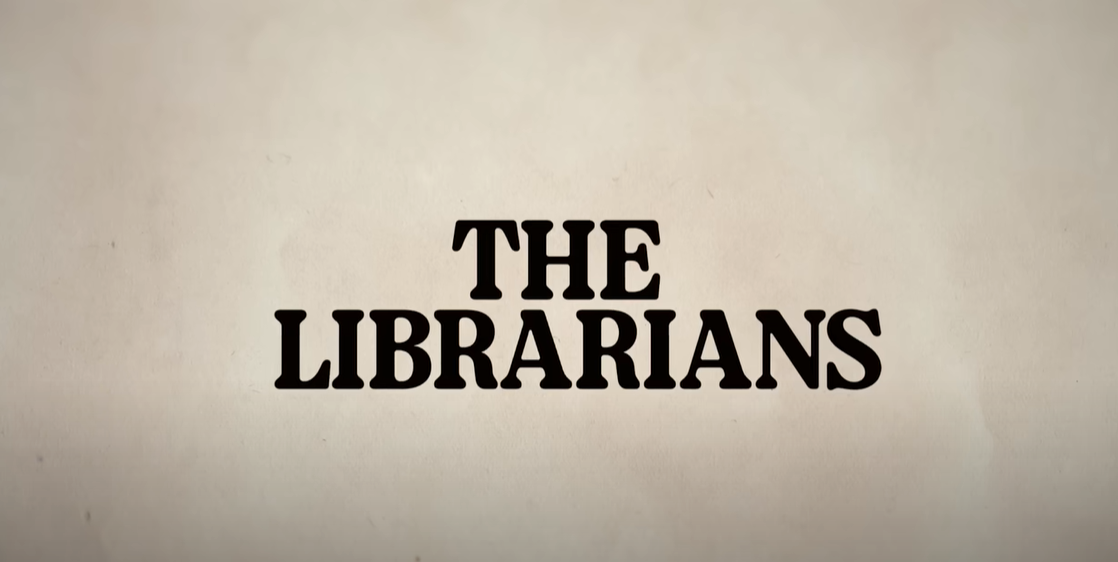When “Everyday Banning” Becomes the New Normal for School Libraries
PEN America’s October 2025 report, “The Normalization of Book Banning,” shows that censorship has become a routine part of public education in the United States during the 2024–2025 school year. With 6,870 book bans recorded in 87 school districts across 23 states, impacting more than 3,752 unique titles, this movement is not a fringe issue; it has become a systemic campaign to erase stories, silence identities, and narrow what young people can know and imagine.
For school librarians, this reality has changed their everyday work from student services to navigating politicized censorship pressures. It heightens the stakes for free expression and necessitates new strategies to protect students’ right to read. The PEN report emphasizes that the campaign against books has expanded beyond local school board meetings; it now affects policy at every level of government.
At the state level, mechanisms like Utah’s and South Carolina’s statewide “no-read” lists have changed targeted challenges into broad prohibitions, potentially removing thousands of titles from school shelves. In many districts, books are removed not due to legal mandates but out of fear. Administrators and boards often “obey in advance” to avoid possible political or legal repercussions.
At the federal level, the Trump administration has amplified and legitimized this censorship movement. Executive orders banning “radical indoctrination” and restricting diversity, equity, and inclusion initiatives have emboldened school districts to purge their collections and curricula. Meanwhile, the U.S. Department of Education has dismissed book bans as a “hoax,” dismantled oversight mechanisms, and indicated that there will be no federal consequences for ideological censorship. The Department of Defense’s K-12 schools on military bases around the world are experiencing the full impact of this censorship and erasure.
The judiciary is also beginning to reshape the legal landscape in troubling ways. In Read Freely Escambia v. School Board of Escambia County (September 2025), a federal judge ruled that students have no First Amendment right to receive information in school libraries and that authors have no right to express themselves through their work. This decision rejects decades of precedent, including the Supreme Court’s landmark Pico ruling, and signals a significant shift in how courts may handle student access to ideas in the future.
Educators and librarians face increasing pressure to self-censor, preemptively remove books, or avoid certain topics altogether. Many report experiencing harassment, legal threats, and intense scrutiny of their professional decisions. This hostile environment diverts time and resources away from teaching and learning, undermining the very purpose of public education.
Despite the scale of the issue, there is some good news. Resistance is not only possible but also effective. PEN’s report documents public pushback in 70 of the 87 districts that experienced bans this year. Parents, students, educators, authors, and community members are organizing, speaking out, and, in many cases, succeeding.
Much of this organizing has been supported and amplified through FightForTheFirst.org, a free platform created by EveryLibrary to help people launch and grow local campaigns against censorship. Many of the most visible and successful initiatives to restore books to shelves started as small petitions or local coalitions on this platform, proof that when we connect and coordinate, we can create meaningful change.
What PEN America’s data shows, and what we see every day at EveryLibrary, is that censorship campaigns thrive in the absence of organized, informed resistance. The good news is that there are powerful, practical ways for school communities to fight back, and many of them start with the tools we’ve built for exactly this moment.
We have helped hundreds of school communities launch local petitions that put pressure where it matters most: directly on school boards and district leadership. These petitions help parents, educators, students, and residents speak with a unified voice about the values of the First Amendment, the integrity of public education, and the rights of young people to read and learn.
Our Fight For The First events calendar tools help campaigns organize around school board meetings and key decision points. We make it simple to coordinate attendance, public comment, and press visibility, ensuring that community support shows up when and where it’s needed. And for coalitions that can’t always meet in person, our organizing features provide ways to plan, communicate, and strategize asynchronously, keeping momentum going even in busy or politically difficult environments.
For school librarians who may feel constrained by policy, employment, or politics, know this: you do not have to stand alone. Even if you cannot be publicly involved, EveryLibrary can be, and we will be involved on your behalf. A personal introduction to a local parent, educator, or ally group is often all it takes to connect the dots between your community’s concern and our advocacy infrastructure. Once that connection is made, we can help turn concern into action and action into lasting protection for students, libraries, and the freedom to read.
Filed under: Advocacy, Censorship
About John Chrastka
EveryLibrary’s founder is John Chrastka, a long-time library trustee, supporter, and advocate. John is a former partner in AssociaDirect, a Chicago-based consultancy focused on supporting associations in membership recruitment, conference, and governance activities. He is a former president and member of the Board of Trustees for the Berwyn (IL) Public Library (2006 – 2015) and is a former president of the Reaching Across Illinois Libraries System (RAILS) multi-type library system. He is co-author of “Before the Ballot; Building Support for Library Funding.” and “Winning Elections and Influencing Politicians for Library Funding”. Prior to his work at AssociaDirect, he was Director for Membership Development at the American Library Association (ALA) and a co-founder of the Ed Tech startup ClassMap. He was named a 2014 Mover & Shaker by Library Journal and tweets @mrchrastka.
ADVERTISEMENT
ADVERTISEMENT
SLJ Blog Network
Winnie-the-Pooh Celebration Week: Day 2 – How a Bear Became a Book: A Q&A with Annette Bay Pimental and Faith Pray
Fact-Finders Rainforest | This Week’s Comics
Post-It Note Reviews: 11 Quick Looks at New and Forthcoming Books
Kelly Yang on Storykind
ADVERTISEMENT





